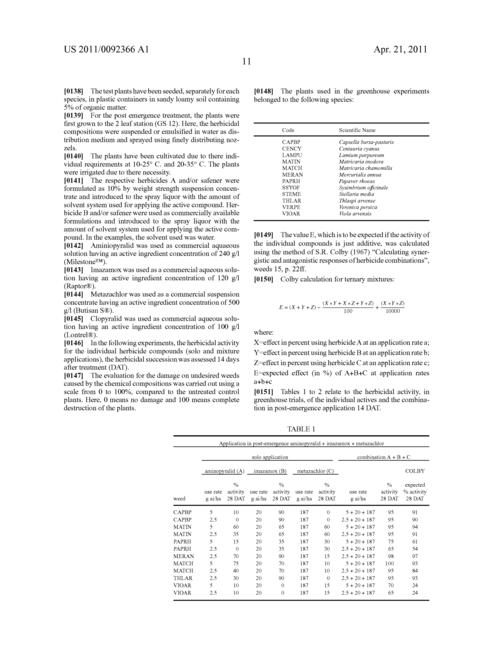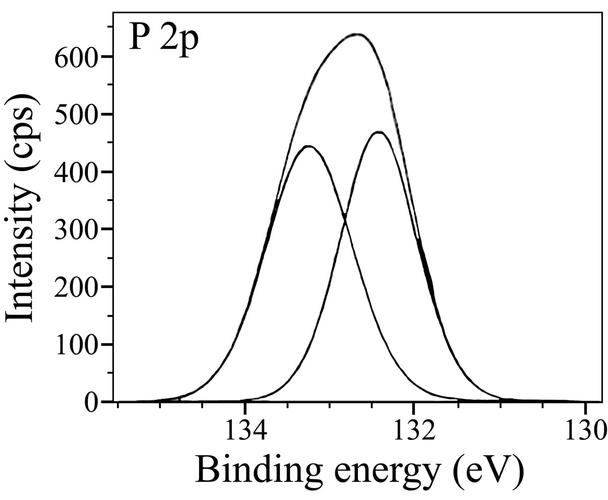Ternary Op: A Comprehensive Guide to the Versatile Operator
Have you ever encountered a situation where you needed to make a quick decision based on a condition? If so, you might have come across the ternary operator, a powerful tool in programming languages like Java, C, and JavaScript. In this article, we will delve into the intricacies of the ternary operator, exploring its syntax, usage, and benefits. Let’s get started!
Syntax and Structure
The ternary operator is represented by the ‘?’ and ‘:’ symbols. It consists of three parts: a condition, an expression to evaluate if the condition is true, and an expression to evaluate if the condition is false. The general syntax is as follows:

condition ? expression_if_true : expression_if_false;For example, let’s say we want to assign the maximum value between two numbers using the ternary operator:
int max = (a > b) ? a : b;In this case, if ‘a’ is greater than ‘b’, the value of ‘a’ will be assigned to ‘max’. Otherwise, the value of ‘b’ will be assigned.
Usage and Benefits
The ternary operator is a concise way to replace lengthy if-else statements. It can be particularly useful in scenarios where you need to make a decision based on a single condition. Here are some common use cases:
-
Assigning values based on conditions:

-
Checking for null values:
-
Returning values from functions:
-
Creating default values:
Let’s take a look at some examples to illustrate these use cases:
int age = 25;String status = (age >= 18) ? "Adult" : "Minor";System.out.println("Status: " + status);String name = (user != null) ? user.getName() : "Guest";System.out.println("Name: " + name);int result = (number % 2 == 0) ? 0 : 1;System.out.println("Result: " + result);int defaultValue = (value != null) ? value : 0;System.out.println("Default Value: " + defaultValue);Comparing Ternary Operator with If-Else
While the ternary operator offers a concise way to make decisions, it’s essential to understand its limitations compared to if-else statements. Here’s a comparison table to highlight the differences:
| Feature | Ternary Operator | If-Else |
|---|---|---|
| Readability | Can be less readable for complex conditions | More readable and easier to understand |
| Scalability | Not suitable for complex conditions with multiple branches | Can handle complex conditions with multiple branches |
| Performance | May have slightly better performance due to fewer lines of code | Performance difference is negligible |
As you can see, the ternary operator is best suited for simple conditions, while if-else statements are more versatile for complex scenarios.
Best Practices
While the ternary operator is a powerful tool, it’s essential to use it wisely. Here are some best practices to keep in mind:
-
Use it for simple conditions only
-
Avoid nesting ternary operators
-
Use parentheses to improve readability
-
Don’t overuse it
By following these best practices, you can ensure that your code remains clean, readable, and maintainable.
Conclusion
The ternary operator is a versatile tool that can help you make quick decisions in your code. By understanding its syntax, usage, and benefits, you can leverage this operator to write more concise and readable code. However, it’s essential to use it wisely and follow best practices to avoid potential pitfalls. Happy








